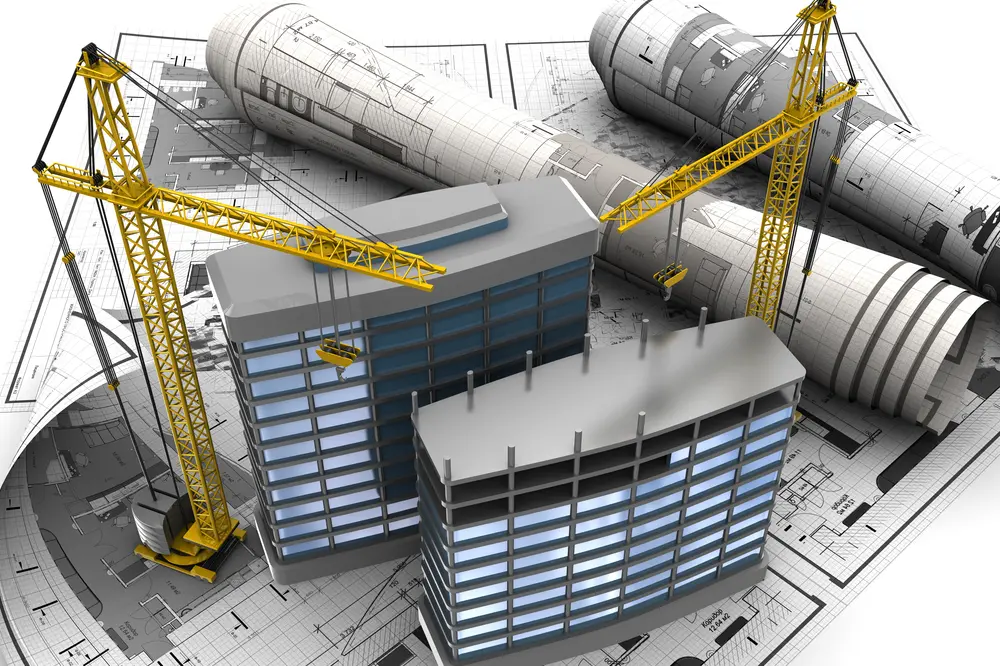PHOTO
Thursday, Mar 23, 2017
Dubai
Enrico Dini might be known as the pioneer in 3D-printed buildings technology and the man who wants to print 3D houses. There is even a documentary about him — The Man Who Prints Houses.
Dini has already reconstructed the arch of Palmyra destroyed by Daesh, collaborated on the first 3D-printed bridge which was opened in Madrid last December, and built the first 3D house for Milan museum in 2010.
Dini’s first complete project was a pavilion in a private English garden in Suffolk, which was completed in 2007, but he has been creating artificial 3D coral reefs in Australia and Bahrain.
With a degree in civil engineering and a passion for robotics, he has shown the world that you can build buildings using digital techniques.
Dini spoke to Gulf News in an exclusive interview about the technology and how it is going to shape the future of buildings.
He said that his grandfather Ulisse Dini was a famous mathematician and politician, and Egisto Giovanni Dini, Enrico’s father, built one of the most important bridges in Pisa and helped design various models of Vespa and a prototype for a helicopter.
The Italian said there are two methods of 3D printing — the first one is invented by Iranian engineer Behrokh Khoshnevis and the second one is mine — D-Shape.
The first one is known as Contour Crafting, which is a layered fabrication technology by using a single nozzle and that technology has been copied by WinSun in China and several other companies globally.
He claims that WinSun was behind the first 3D-printed office in Dubai using pre-fab modular construction techniques.
“This technology is called 3D plotting or extrusion-based technology and it is not real 3D digital printing. Extrusion-based technology cannot compete or offer organic design and our technology gives a new language to architects,” he said.
“To understand how I plan to print houses, you have to picture a block of concrete. Now slice it in layers in your mind. Then reverse the process, starting with layers and building them up to make physical objects,” he said.
Created in 2007, the original D-Shape printer was the world’s first construction scale 3D printing technology. The printer consolidates crushed dolomitic limestone into a solid-stone printing material.
The machine consists of a rigid 4×4 metre frame, a large flatbed and a custom print head holding up to 300 nozzles. CAD-CAM software drives the machinery during the building process, scanning across the surface and depositing droplets (voxels) of a binder.
“It prints the inner and outer structure at the same time. This means we can design and print anything using computer-aided design and build things it would otherwise be impossible to build,” he said.
Dini’s mission is to use local, natural materials such as sand, powdered stone, powered wood in 3D printing to make it environment-friendly.
“That is why I am in Dubai to say that there is not only extrusion-based technology but also D-Shape to build the entire building using sand in one go,” he said.
Dini is planning to hold talks with His Highness Shaikh Mohammad Bin Rashid Al Maktoum, Vice-President and Prime Minister of the UAE and Ruler of Dubai, and explain to him about the benefits of his technology.
Dubai Ruler announced last year that 25 per cent of the buildings in the emirate should be 3D printed by 2030. Dubai also houses the first 3D-printed office in the world.
Six D-Shape printers have been created so far. Three of these, two in Italy and one in New York, are owned and run by Monolite UK, the company Dini created to sell 3D printers. The other three have been bought by construction companies in Spain, Switzerland and Britain.
Pritam Kapur, director of D-Shape for GCC, said that Spanish company Acciona, part of the Alstom-led consortium Expolink, which signed a contract with RTA to design and build the extension of Dubai’s Red metro line to connect the network with the World Expo 2020 site, bought a 3D printer from D-Shape to build the bridge in Madrid.
Dini is looking for one investor from Dubai who can invest €10 million to bring a 3D printer here in preparation for Expo 2020 where he thinks that he can play a bigger role.
Kapur said that the company is in talks with construction companies like Arabtec, Acciona and Consolidated Contractors Company.
“Gulf is the right place for his technology as the region has a lot of sand. He said the cost of a building using 3D printer is almost one-third to the conventional building. The time taken to build a two-storey house using D-Shape is around four days compared to eight days using extrusion-based technology,” Kapur said.
In the maritime industry, he said that D-Shape is the only one to build impossible shapes such as a stone object full of cavities, trips and traps to attract fish into this piece.
By Naushad K. Cherrayil Staff Reporter
Gulf News 2017. All rights reserved.





















